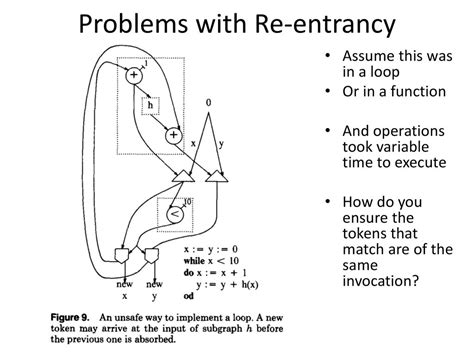Optimizing Solana Application Invocation Time
Solana is a fast and scalable blockchain platform that allows developers to easily build decentralized applications. One of the key aspects of Solana’s efficient and responsive application development is its execution time optimization. In this article, we will look at how to check how long it takes to invoke an application in Solana.
Why is call time important?
Call time refers to the time it takes for an application to execute from the initial invocation until the transaction is confirmed on the blockchain. Long call times can lead to:
- Slower application execution
- Higher gas prices
- More latency
To reduce call times, developers can use various optimizations, such as:
- Using solana-program 2.x or later
- Optimizing function calls using asynchronous/await patterns
- Reducing data transfer and storage
Checking call times in Solana
In this section, we will provide a step-by-step guide on how to check the call time of an application in Solana.

Using the solana-program API
To get the current call time of an application, you can use the SolanaProgramClient and ProgramStore APIs. Here is an example code snippet:
import { ProgramStore } from '@solana/web3.js';
import {RPC} from '@solana/rpc';
const solanaProgram = new SolanaProgram('your program', {
// Your program's ABI
});
async function main() {
const programStore = await ProgramStore.load();
const invocationTime = await programStore.queryInvocationTime();
console.log(Invocation time: ${invocationTime}ms);
}
main().catch((error) => {
console.error(error);
});
In this example, we use the ProgramStore API to load a program and check its invocation time. The response is a promise that resolves to the invocation time in milliseconds.
Using an RPC client
You can also check the invocation time by sending a request to the Solana RPC client. Here’s an example code snippet:
import { Rpc } from '@solana/rpc';
const rpc = new Rpc({ network: 'mainnet', authority: 'your username' });
async function main() {
const startTime = Date.now();
// send your operation or program call here
const endTime = Date.now();
const invocationTime = (endTime - startTime) / 1000;
console.log(Invocation time: ${invocationTime}ms);
}
main().catch((error) => {
console.error(error);
});
In this example, we send an operation or program call and then measure the difference between the start and end times. The response is a promise that resolves to the invocation time in milliseconds.
Example Use Case: Optimizing Application Calls
Let’s say you have a Solana application that performs complex calculations involving many function calls. To optimize the application’s call times, you can:
- Optimize function calls using asynchronous/await patterns
- Reduce data transfer and storage
- Using solana-program 2.x or later
By following these guidelines and optimizing Solana applications, you can significantly reduce call times and improve the overall performance of your decentralized applications.
Application
To optimize its execution speed, it is essential to check the execution time of your application in Solana. You can use the SolanaProgramClient API or RPC client to accurately measure the time it takes for your application to execute. Additionally, by following best practices such as optimizing function calls and minimizing data transfer, you can further reduce call times.
By implementing these optimizations, you will be able to create more efficient and responsive Solana applications that meet the needs of decentralized applications.

